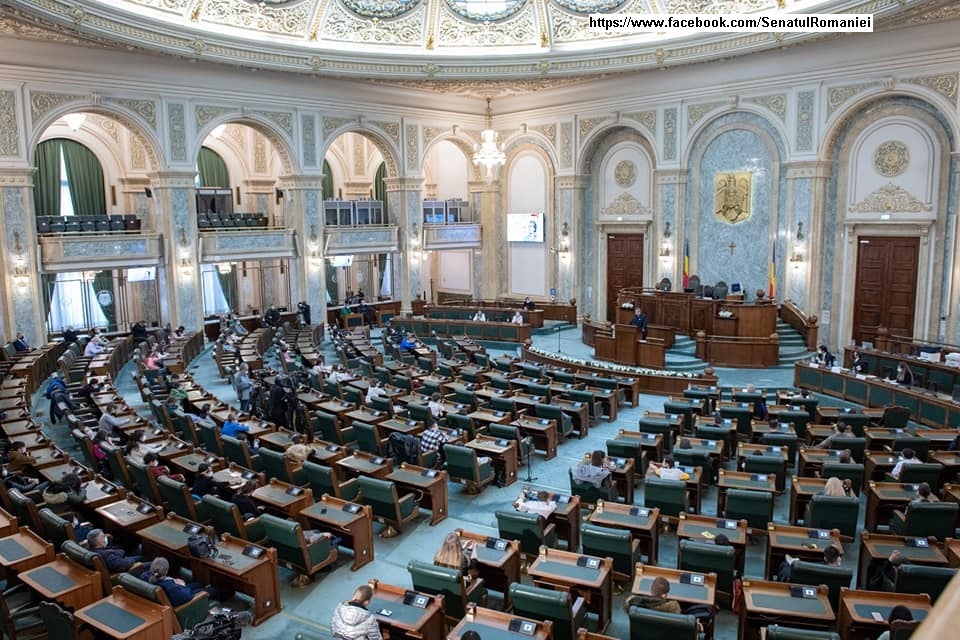By Leyla Cheamil
Copyright rri

Motions and protests in Bucharest
The fiscal-budgetary measures undertaken by the Bucharest Government continue to trigger motions and protests.
Leyla Cheamil,
16.09.2025, 14:00
The Bucharest Senate rejected, on Monday, the simple motion filed by the populist party AUR against the Minister of Education, Daniel David. This opposition party claims that the coalition government formed by PSD, PNL, USR and UDMR is throwing the local education system into collapse “through aberrant and destructive decisions” and is “dooming the future of this nation to mediocrity and chaos”. The motion’s signatories also say that, under the leadership of the current Minister Daniel David, the national education system has been subjected to “brutal austerity measures, applied through lies, manipulation and contempt for the real needs of students, parents and teachers”. According to AUR, the reason invoked for the adopted measures – reducing the country’s huge deficit – brings, according to the Fiscal Council, a saving of only 0.02% of GDP.
Attending the debate on the motion, Minister David counter-argued that no employee of the education system has lost his or her job as a result of the fiscal-budgetary measures assumed by the Government. However, he admitted that education has had problems for many years, some of which are systemic. “When a compulsory education system transforms 50% of children with intelligence and creativity comparable to Western countries into areas of functional illiteracy, it is a systemic problem,” said Daniel David. Present in the Senate to support the minister, Liberal Prime Minister Ilie Bolojan said, in turn, that the decisions related to the reform package do not necessarily belong to the Ministry of Education, but to the ruling coalition and take into account the real situation of Romania.
We remind you that the fiscal-budgetary measures aimed at reducing the deficit, the largest in the European Union, recently led the opposition to file four censure motions against the Bolojan Government. However, it was expected that the Parliament, in which the ruling coalition holds almost three-quarters of the mandates, would reject them. The reform packages assumed by the Government so far target education, health, taxation, the judicial system and the reorganization of state-owned companies. These measures continue to generate dissatisfaction among public sector employees, translated into protests and strikes. On Monday, several thousand public employees protested in Bucharest against the staff reduction measures announced by the Government. They believe that the unilateral decision taken by the Government is generating blockages in the public sector. In turn, teachers criticize, among others, the increase in teaching hours, the merger of some educational units and the increase in the maximum number of students in classes. After protests organized by education union federations during the summer holidays, September 8, the first day of the school year, was marked in Bucharest by a large-scale rally of the teachers. (EE)



